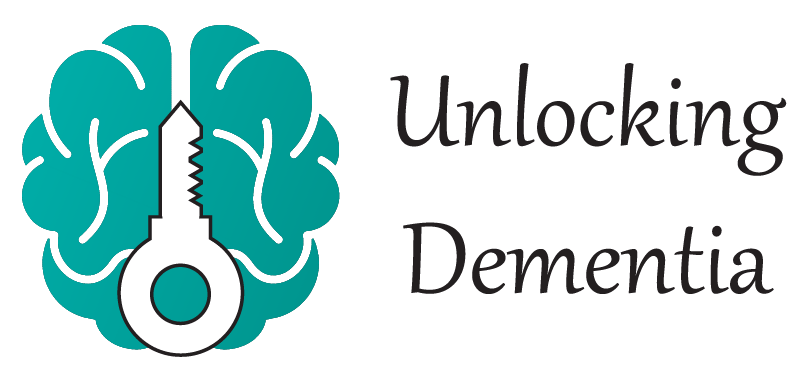I was always encouraged to seek knowledge and learn something new every day. As I began to research dementia, I found an enormous wealth of information, but it was so concentrated and unfocused it was easy to become overwhelmed. Seminars conducted at local health organizations were either too general or too specific to be of help. Terminology was confusing because one definition would contradict another. I wanted to provide a better way for those living with dementia and their caregiver to learn about dementia.
After attending numerous seminars and workshops, and pouring through volumes of books on dementia, I felt family and independent caregivers do not always have access to seminars and research available for employees of dementia nursing homes and assisted living centers. In addition, being a family member caregiver has inherently more emotional considerations and issues than employees who can go home after 8 -9 hours of intense caregiving.
I knew there had to be a better way to get the information to those needing it quickly and when the information was needed, so I returned to school for a Masters in GeroPsychology to understand how age, lifestyle and environment impacted aging. I’m an older person and live with older people, so I figured I’d learn about how older people live and think! As part of my studies and research, I developed a model to present information about dementia and tips on how to create a better quality of life for those living with dementia and their caregivers. I also became a certified Positive Approach to Care (PAC) trainer to learn different approaches to day-to-day interaction with those living with dementia.
Unlocking Dementia is the result of years of research. It is a dynamic and virtual library of information, caregiving tips, answers to questions on immediate needs, and a list of available resources. Unlocking Dementia is a living source of information at the tips of the fingers. Caregivers and those living with dementia can enter a few keywords to receive quick and short general information that can branch out into more details when needed. Often questions arise through the lifetime of this disease and although the information may have been given earlier, it didn’t mean as much then, so it was forgotten.
Emotionally, the caregiver is often in the middle of a situation and not thinking clearly. Having a virtual partner to ‘talk to’ can help focus the caregiver and see the situation from a different perspective. It’s like having support of a co-worker when you are at loss or feel overwhelmed and are battling the internal and external emotional pull of the environment.
Dementia is often described as an umbrella where dementia is the covering, and the various types of dementia are the ribs of the umbrella. Unlocking Dementia is more of a tree. The trunk of the disease is dementia, the branches are the types of dementia, and the twigs are the interacting facets of each type. As dementia research continues and medical advancements are discovered, this tree will add branches and twigs to continue the growth of information and unlock the interaction between information
One type of dementia may have specific symptoms, and still exhibit symptoms common or similar to other types of dementia. This is often why dementia seems so complex. Unlocking Dementia will help you travel through this maze of information, symptoms and solutions based upon your immediate needs or as your guide to the future.
